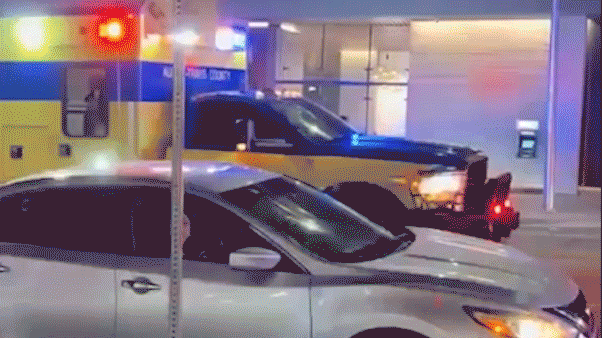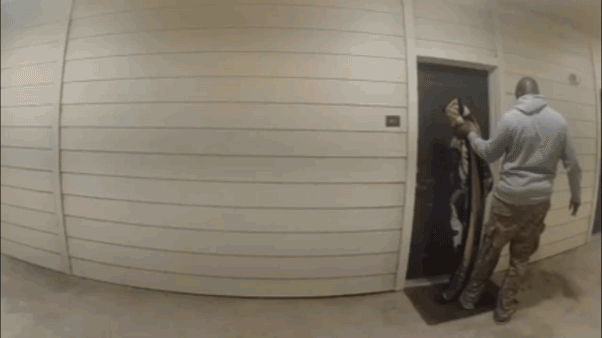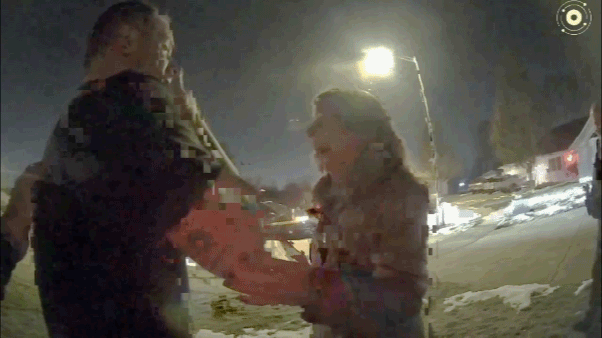INDIANAPOLIS – After losing their fight against right-to-work legislation, labor organizers are making a desperate bid on shop room floors and at union halls to persuade members to keep paying their union dues and avoid crippling labor's influence in Indiana.
Factory workers, painters, electricians and other workers in the state's 179,000-member unionized work force are being called into meetings to hear impassioned pitches on why they should keep authorizing deductions from their paychecks even though the law means they no longer have to do so.
"We're gonna push them pretty hard and let them know this is what our services provide," said Brett Voorhies, legislative director for the United Steelworkers District 7, which has 45,000 active members in Indiana and Illinois. He said he has met with members of 200 locals in Indiana since supporters of the pro-business legislation begin planning their push for right-to-work last year.
But some union members are clearly tempted to drop out. Some who are politically conservative resent labor's campaign donations to Democrats; others may feel they just need the extra money.
"We're concerned at this point at how that's going to affect us," said Kelly Hugunin, unit president of United Steelworkers Local 1999 in Indianapolis. "I've had several people say 'Yeah, I'm still going to pay my dues.' And there's been some that have said they're not going to pay."
How many members decide to become "free riders," as non-dues payers are called, will determine whether the passage of the right-to-work law here turns out to be a mostly symbolic setback for organized labor or a grave financial and political blow.
No comprehensive data exist on how much active union membership dropped in the 22 states that adopted the law in earlier years. But after right-to-work passed in Oklahoma in 2001, about a quarter of union members stopped providing financial support.
Hugunin says he fears his local could lose 30 to 50 percent of its paying members.
"I've had a lot of folks come to me and ask. 'What's going to happen?' as far as dealing with members and nonmembers," he said.
Indiana's experience is being closely watched across the nation because it is the first state in the manufacturing Rust Belt to adopt the controversial law, which says that workers in a unionized workplace cannot be required to pay for union representation. The other right-to-work states are clustered in the conservative South and Mountain West.
Supporters of right to work, which was approved by the Republican-controlled Legislature here two weeks ago, say the measure will draw more employers to the state and increase jobs. But union officials say the measure just lowers wages and was intended to punish unions for supporting Democratic candidates. Organizers say the money they lose will reduce their ability to provide services to their members and to organize workplaces.
In addition to negotiating for wages and benefits, the unions help workers with grievance filings and safety violations at work. Some also help provide job training for workers who want new skills and help cover lost wages while they are at the training sessions. Such benefits might be unaffordable if union income drops.
Voorhies said the key problem is that workers will get the same services on their jobs whether they pay the union dues or not.
"I don't see any service we cannot offer them," he said. "Everything from grievance representation to political representation and lobbying and all that; it's a service provided through dues."
However, he added, "If folks keep opting out, sooner or later we could go defunct and there would not be a union there to provide those services."
Terry Bowman, an auto worker from Ypsilanti, Mich., who has been rallying support for a national right-to-work law, said many politically conservative workers have long objected to the idea that some of their dues go for campaign contributions to Democratic candidates. In Indiana, the Democratic candidate for governor in 2012, John Gregg, reported raising $1.7 million last year, much coming in large donations from unions.
Bowman said unions would provide better services to members if they had to work harder for their support.
"I hear all the time from union members extremely unhappy with the representation they get from their unions," he said. "Unions don't have to compete for your loyalty."
Union organizers said they are worried about tensions growing in workplaces as members decide whether they will pay or not. The big tests for Indiana's unions will be at car companies like Chrysler represented by the United Autoworkers in central Indiana and at the steel plants in northwest Indiana, near Chicago, that are organized by the United Steel Workers.
"I'm kind of worried that tempers flare between folks. We could see some fights. I don't want to see it come to that," Hugunin said.
Oklahoma AFL-CIO President Jimmy Curry, said unions there have avoided severe losses by maintaining good communication with workers and providing the workplace help they wanted most.
"We were doing it before and we're doing it still," he said. "Right-to-work didn't change any of that."
___
Tom LoBianco can be reached at http://www.twitter.com/tomlobianco









































